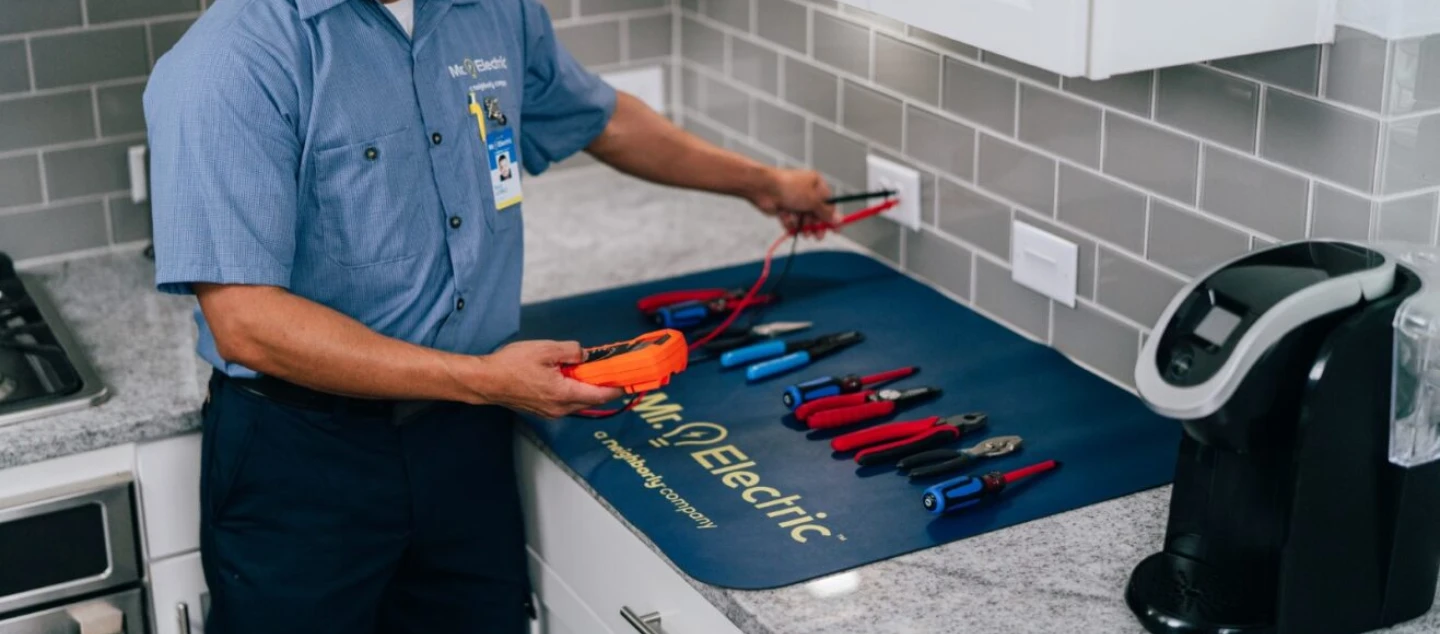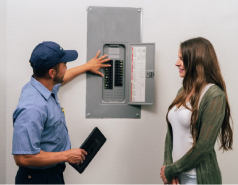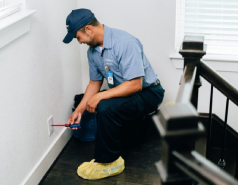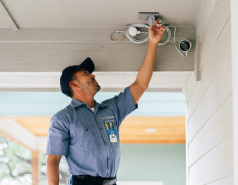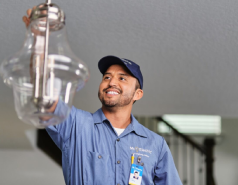
The Top Signs That You Need to Update Your Electrical Wiring
When you are trying to decide if it is time to update your home’s wiring, you first need to figure out how long it’s been since the wiring was installed. If you’re in an older home and you don’t know the answer, you can assume that your wiring is outdated based on updated code standards. Not only will addressing old house wiring reduce the chances of fires and electrocution but wiring updates can make a noticeable impact on your monthly energy consumption. The following are the top six ways to know you need a home wiring update to bring your residence up to code.
1. Your Wiring Is Outdated
The National Electric Code updates its standards and practices for safe wiring every three years. When you compare that to the lifespan of a home, your wiring can become outdated relatively quickly. According to the U.S. Energy Information Administration, modern Americans use 15 times as much electricity in their homes as they did in the 1950s. If your home’s wiring is old, it’s likely that the materials used are less safe and efficient than the modern conductive materials used in wiring. Homes from the 1970s often have aluminum wiring, which is considered a safety hazard now. You might be surprised that some homes still use pre-1930s knob and tube-style wiring.
2. You Have Two-Pronged, Ungrounded Outlets
For the average homeowner, it’s hard to know what type of wiring you have or whether you have arc fault circuit interrupter (AFCI) and ground fault circuit interrupter outlets (GFCIs). However, there is one sign that your wiring is dangerously old that anyone can quickly notice: two-pronged outlets. If your outlets only have two prongs instead of three, then they lack a ground wire to redirect power surges. Ungrounded outlets like these are much more likely to cause electrocution when there is a power surge. This is a sign to rewire a house.
3. Missing GFCIs
You may have noticed that certain outlets have “Test” and “Reset” buttons. These are GFCIs and the current electrical code requires these outlets in especially damp, wet, or moist rooms, like kitchens, bathrooms, garages, and laundry rooms. Installing GFCI outlets protects you from electrocution in the event of a power surge. The GFCI is triggered by the slightest fluctuation in electricity going through it. When triggered, it interrupts the circuit immediately, redirecting excess electricity through a ground wire instead of letting it flow through your appliance and into you.
4. Missing AFCIs
GFCIs protect you from electrocution, but AFCIs protect your home from electrical fires. An AFCI is a type of breaker that is usually located in your breaker box. Inside an AFCI is a tiny microprocessor that constantly monitors the voltage and current. If an arc occurs within the system, the AFCI will interrupt the circuit to prevent the arc of electricity from continuing and causing a fire.
5. You Need Special Outlets for Appliances
Specialized appliances in your home, like ovens, refrigerators, and clothes dryers, need especially powerful outlets. Most homes have standard 120-volt outlets, which can handle the average light fixtures, vacuum cleaners, laptops, or mobile chargers. However, larger appliances use more power and, as a result, need special 240-volt outlets. The most modern versions of these 240-volt outlets will have four prongs. If you don’t have any 240-volt outlets in your house, it is a sign that you are overdue for home wiring updates.
6. Your Home’s Electrical Panel Is Underpowered and Outdated
Your home’s main circuit breaker is designed to handle a specific amount of electricity. In the past, 60-amp breakers were standard. As our power consumption has increased, 60-amp breakers have become insufficient for most homes. When a breaker is made for 60 amps, that means that it will shut off your electricity if more than 60 amps flow through your electrical system. Modern homes simply need more power. Today, most electricians recommend a breaker that can handle 100 to 200 amps, which allows enough power to your home for all your appliances and devices at the same time.
